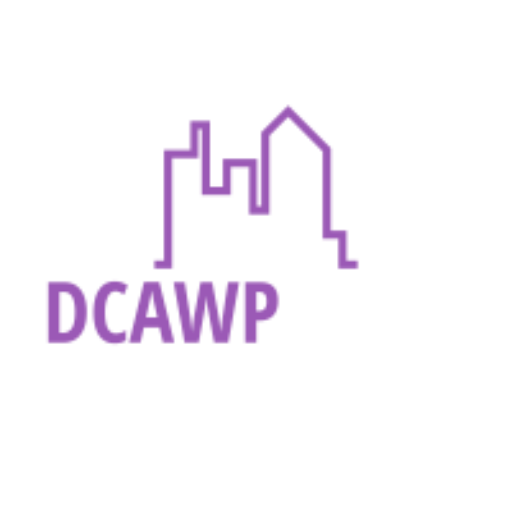Why SCADA Integrators Are Essential for Avoiding Costly Compliance Violations

Compliance isn’t just a checklist—it’s the tightrope companies walk every day in industrial automation. One misstep can bring penalties, downtime, or worse, a complete shutdown. That’s where SCADA integrators come in, quietly keeping systems smart, legal, and always one step ahead of trouble.
SCADA Integrators Ensure Rigorous Regulatory Alignment
Regulatory standards in sectors like energy, water, and manufacturing can shift fast, and staying aligned takes more than good intentions. SCADA integrators step in to ensure control system integration reflects those evolving rules. They don’t just install systems—they configure them to automatically meet operational limits, data retention policies, and safety requirements tied to regulations.
Their work supports organizations in remaining audit-ready. Instead of reacting to failed inspections or fines, companies that rely on experienced control integrators are already several steps ahead. By embedding compliance protocols directly into the architecture, SCADA integrators build defense into the core of a facility’s operations.
Real-Time Data Validation Protects Against Compliance Breaches
Live data flows constantly through SCADA systems, and any delay or inaccuracy can trigger serious compliance issues. SCADA integrators specialize in real-time validation that helps flag abnormalities before they spiral into reportable violations. Their custom protocols automatically compare incoming data against set thresholds, allowing teams to act fast.
This isn’t just about error prevention—it’s about building confidence in every report sent to regulators. With skilled control integrators managing real-time data logic, plant operators can trust that what they’re seeing reflects what’s actually happening in the field. That precision is a powerful shield in high-stakes compliance environments.
System Architecture Audits Minimize Operational Risk Exposure
Systems age, and over time, even well-built architecture can slip out of sync with compliance demands. SCADA integrators conduct in-depth audits of control system integration frameworks to uncover potential exposure points before they cost money. This process digs deeper than surface-level checks—it examines how each piece of the network interacts and whether it still meets standards.
During these audits, integrators don’t just identify weak spots; they propose structural updates that bring the system back in line without halting operations. It’s preventive engineering that saves time, money, and keeps production flowing. For organizations juggling legacy systems and modern compliance needs, these architectural deep-dives offer peace of mind.
Custom Integration Solutions Guarantee Standard Adherence
No two facilities run the same, and off-the-shelf systems rarely meet compliance standards across the board. SCADA integrators build custom solutions that match both operational goals and regulatory demands. Whether it’s a wastewater facility with local environmental reporting needs or a refinery facing federal emissions caps, control system integration tailored to the site’s footprint ensures nothing slips through.
Custom work also minimizes redundant processes that create risk. Instead of patching together third-party tools, SCADA integrators streamline operations with purpose-built controls, dashboards, and communication protocols. This keeps both the system and the team focused on what really matters—meeting standards without the clutter.
SCADA Specialists Provide Preventative Compliance Management
Many compliance issues don’t begin with a major failure—they build quietly over time. SCADA specialists take a proactive approach, setting up the right monitoring, alert thresholds, and workflow automation to prevent violations from ever forming. They act like a second set of eyes, watching for signs that something’s drifting off course.
Preventative management isn’t only about tech—it’s also about training. Integrators often work alongside plant operators, helping them understand system changes and respond to alerts appropriately. This human-system partnership strengthens compliance performance long before external regulators take a look.
Regulatory Reporting Accuracy Enhanced by Expert SCADA Support
In regulated industries, data means everything. Reports must be accurate, complete, and delivered on time. SCADA integrators design and maintain reporting systems that automatically gather and format this data, reducing human error and ensuring consistency across the board. These reports aren’t just cleaner—they’re more defensible in audits.
Even better, expert control integrators can adjust reporting logic on the fly to account for changes in rules. Whether the frequency of emissions reporting increases or new water quality thresholds are set, integrated SCADA systems adapt quickly under professional guidance. That agility keeps facilities from falling behind—and falling out of compliance.
Proactive Alarm Monitoring Reduces Potential Compliance Penalties
Alarms are more than system noise—they’re early warnings. With the help of SCADA integrators, alarm monitoring becomes a powerful compliance safeguard. Instead of treating alarms as post-failure reactions, integrators design logic that prioritizes alerts tied to key regulatory indicators. This allows teams to respond to issues before they become violations.
Alarm systems designed by control integrators also reduce alarm fatigue by filtering out non-critical events. Staff stay focused on what matters most—protecting uptime and staying within bounds. With well-tuned alarm protocols, companies are less likely to miss a compliance issue, and more likely to fix it before regulators ever notice.




